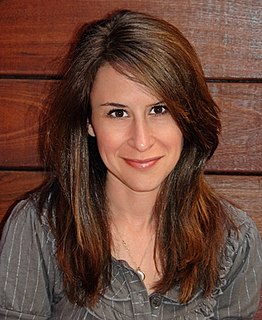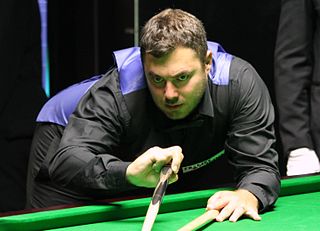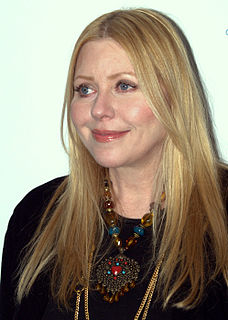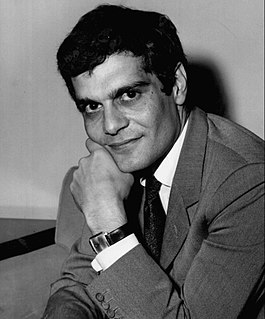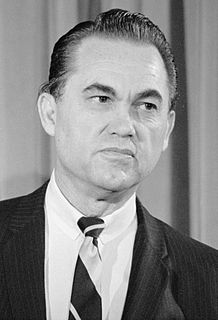Цитата Молли Рингуолд
Я действительно сожалею, как я описал в своей книге, о том времени, когда я сбрил половину своих бровей, думая, что смогу их лучше нарисовать - и они все равно отрастут.
Связанные цитаты
Если бы я мог вернуться в прошлое, я бы хотел сделать больше с Triple H. После того, как я ушел, он превратился в большую звезду. Сейчас, оглядываясь назад, я сожалею, что у нас не было больше или лучших матчей или хотя бы одного матча с оплатой за просмотр, где мы действительно могли бы показать свои лучшие качества — или, по крайней мере, я это сделал.
Я мог бы научиться фотографии. Это может быть что-то хотеть. Я могла фотографировать детей. Я могла бы иметь собственных детей. Я бы подарил им желтые розы. И если они становились слишком громкими, я просто ставил их в тихое место. Поставьте их в духовку. И я бы целовал их каждый день и говорил им, что тебе не обязательно быть кем-то, потому что я знал бы, что то, что ты кто-то, в любом случае не делает тебя кем-то.
Я думаю, что у всех нас глубоко внутри одна и та же духовность, и мы все время растем, чтобы узнать о ней все больше, и мы очень стараемся стать лучше по мере нашего роста. Мы все время ищем правду. Мы узнаем больше о мире, и у нас не может быть таких мыслей, как «Мы лучше их» или «Они недостаточно хороши для Бога». Это очень плохой способ мышления, понимаете?
Мы все знаем людей, которые думали, что смогут это (что бы это ни было) завтра. Мы все промедлили на этом пути, и часто к нашему личному сожалению. Это происходит снова и снова, когда мы откладываем на другое время то, что, как мы себя убеждаем, могло бы быть лучше, более значимым, более подходящим. Так часто, что лучшее время либо никогда не наступает, либо на самом деле не является лучшим или более подходящим в конце концов. А затем, к сожалению, окно возможностей — сделать что-то великое — закрывается.
Более половины времени, которое вы тратите на работу над проектом (порядка 70 процентов), тратится на размышления, и ни один инструмент, каким бы продвинутым он ни был, не может думать за вас. Следовательно, даже если инструмент делал за вас все, кроме мышления, — если он написал 100 % кода, написал 100 % документации, выполнил 100 % тестирования, прожег компакт-диски, упаковал их в коробки и отправил по почте. их вашим клиентам — лучшее, на что вы можете надеяться, — это 30-процентное повышение производительности. Чтобы добиться большего, вы должны изменить свое мышление.


